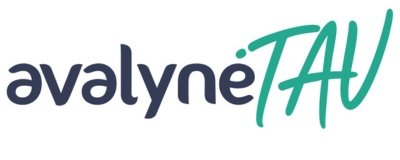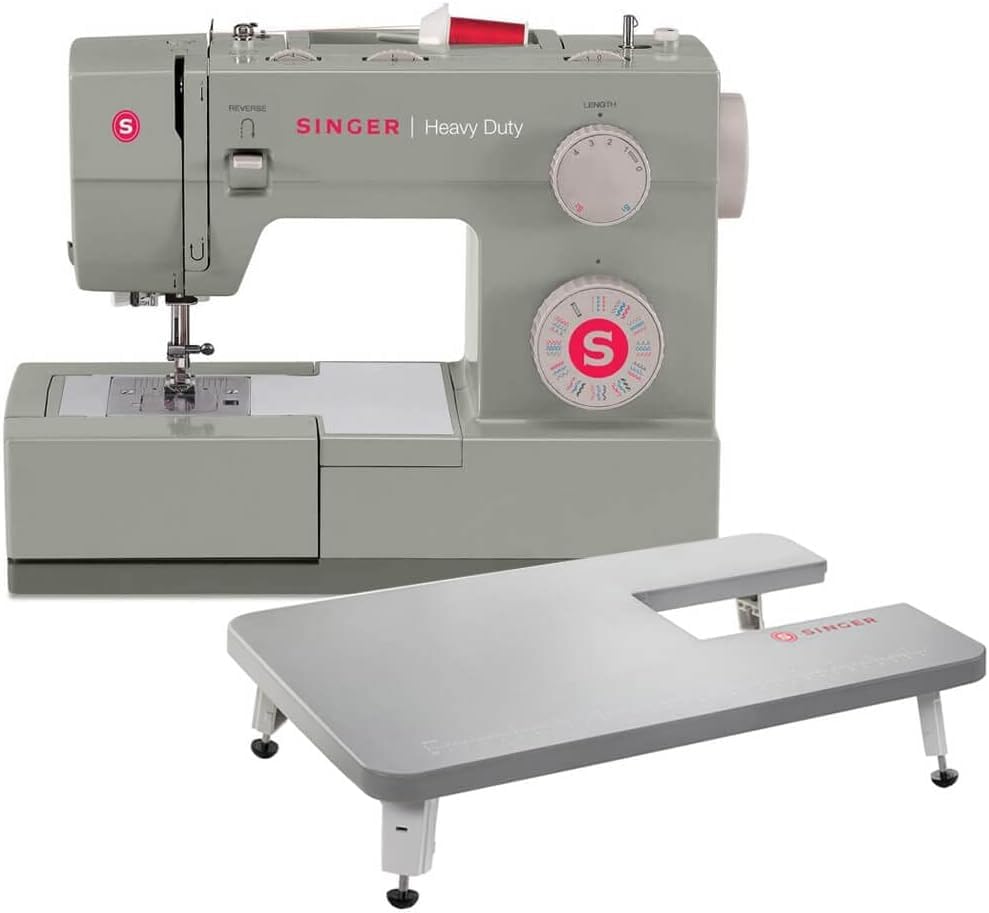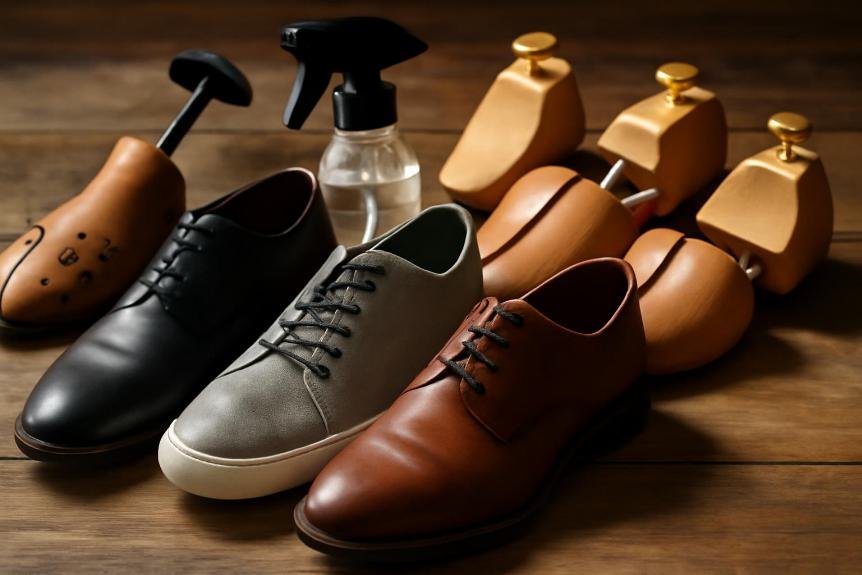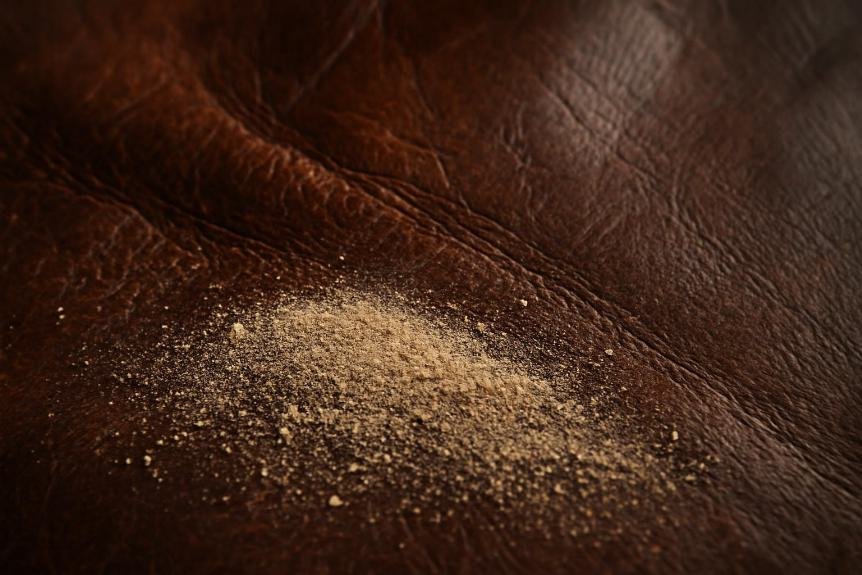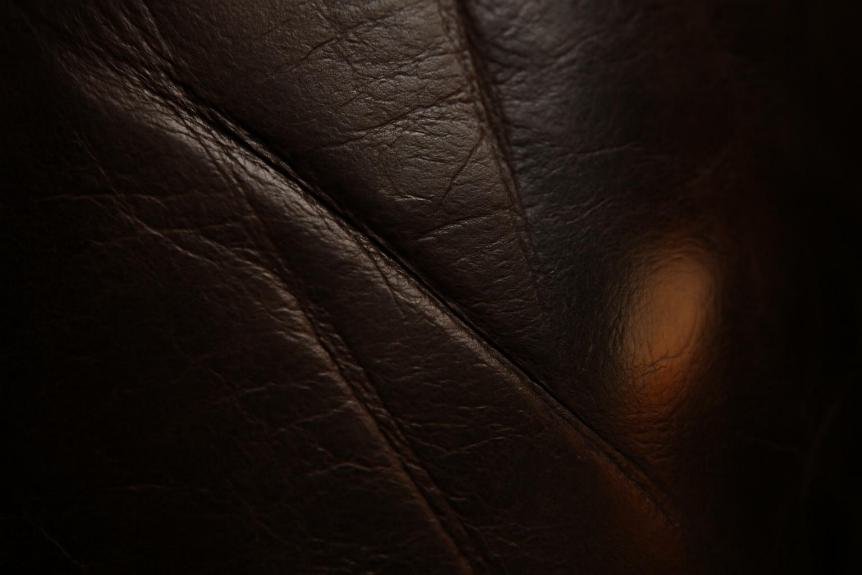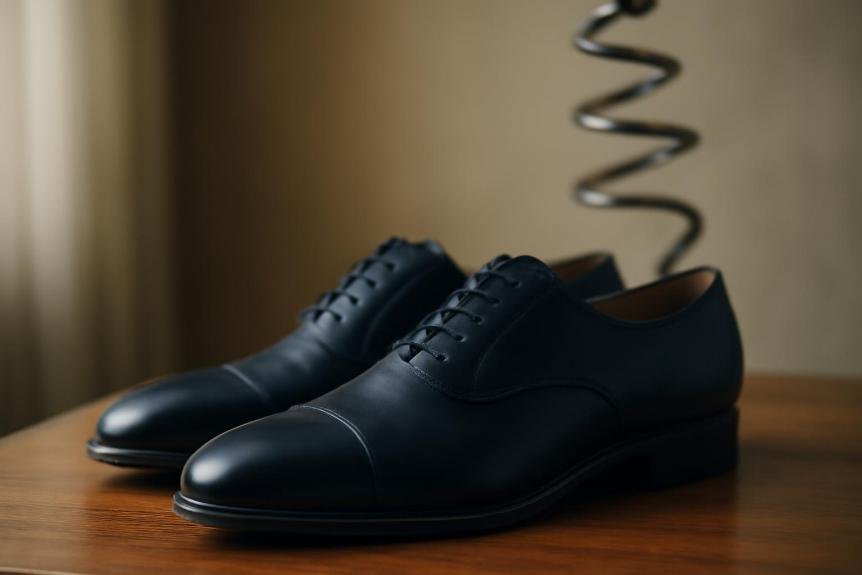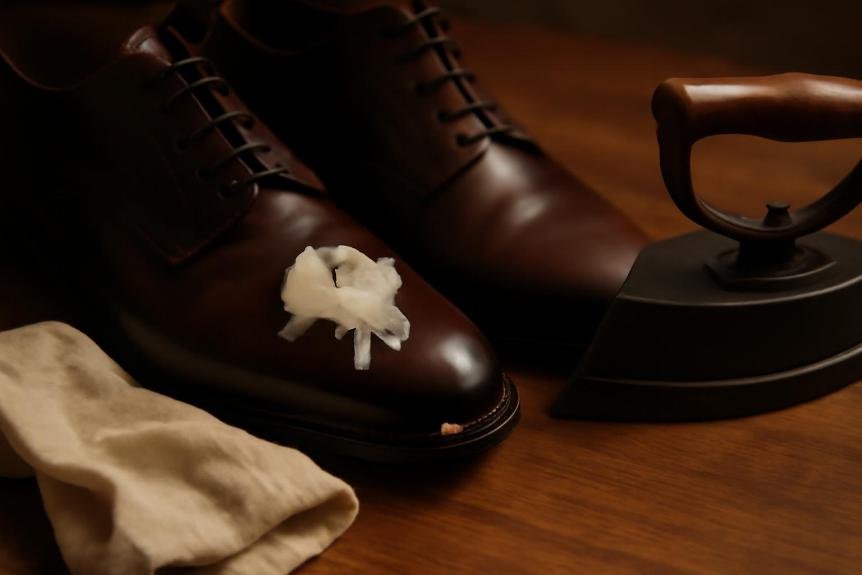Best Small Sewing Machine: Top Picks for Beginners and Hobbyists
Sewing is a useful skill that allows us to create, mend, and personalize clothing and crafts.
With the rise of home crafting, many people look for tools that make sewing easy and accessible.
Small sewing machines have become popular for their convenience and portability. They are ideal for beginners, occasional crafters, and those with limited space.
When choosing a small sewing machine, factors like size, weight, and ease of use are important.
A lightweight and compact model can easily be stored away or taken to classes. Additionally, features like stitch options and sewing speed can affect your experience.
We should look for machines that offer the features we need while being easy to operate.
We explored various small sewing machines to find the best options that suit different needs and skill levels.
Best Small Sewing Machines
We have compiled a list of the best small sewing machines available. These options are great for beginners and experienced sewers alike, offering ease of use and portability. Whether you want to make simple repairs or start a new project, our selection can help you find the right machine.
SINGER M1000 Portable Sewing Machine
This small and handy sewing machine is a great fit for those looking for an easy-to-use tool for basic sewing tasks.
Pros
- Lightweight and easy to carry
- Many stitch options make sewing versatile
- Simple setup, perfect for beginners
Cons
- Can struggle with thicker fabrics
- Some users report it may not last long
- Setup instructions may not be clear for everyone
Using the SINGER M1000 felt straightforward right from the start.
We appreciated how light it is at just 5.5 pounds, making it simple to move around or store.
Setting it up took only a few minutes, and it was refreshing to dive right into our mending projects with minimal fuss.
The machine offers 32 stitch options, which is impressive for its size.
We found the zigzag and straight stitches to be effective for most lightweight fabrics.
The drop-in bobbin was another highlight, allowing us to see our thread supply easily. Threads didn’t seem to tangle or run out, giving us confidence while working on our projects.
Yet, there are some downsides to consider.
It struggles a bit with thicker fabrics, so heavy-duty tasks might not be its strong suit.
Additionally, a few users mentioned issues with durability. Some instructions for setup are online-only, which may not suit everyone. If you’re looking for a compact machine for light sewing, the SINGER M1000 could be a good choice.
Brother XM2701 Sewing Machine
This machine is a solid choice for anyone needing a versatile and easy-to-use sewing machine.
Pros
- Lightweight and easy to move
- Plenty of built-in stitch options
- User-friendly design with helpful features
Cons
- Threading can be tricky for some beginners
- May feel limited for complex projects
- Plastic components might not feel as sturdy
Using the Brother XM2701 has been a great experience. We appreciate how lightweight it is, making it easy to relocate while working on different projects.
The machine comes with 27 built-in stitches, which gives us a lot of options for various kinds of sewing tasks.
Whether we want to create a decorative border or tackle a simple hem, it handles everything smoothly.
Setting it up is straightforward. The built-in needle threader is a big plus for us; it saves time and helps beginners feel more confident.
The free arm feature allows us to sew cuffs and sleeves without hassle. Having 6 quick-change feet included makes it easy to adapt the machine for different sewing styles and tasks.
While the XM2701 offers many great features, we found that threading the machine can be a bit confusing at first.
Some users might struggle with this, so it’s a good idea to have a guide handy.
Additionally, for more advanced projects, it can feel a little limited, but for everyday sewing, it’s definitely a reliable choice. If you’re looking for an affordable and functional sewing machine, the Brother XM2701 is worth considering.
Magicfly Mini Sewing Machine
We think this machine suits beginners well for simple sewing tasks.
Pros
- Convenient size for storage and portability.
- Dual-speed options allow for precise control.
- Comes with a complete kit for immediate use.
Cons
- Limited features may not satisfy advanced users.
- Some quality issues reported with needles.
- May struggle with thicker fabrics.
This Magicfly Mini Sewing Machine is a great fit for those just starting out.
Its compact design makes it easy to store and use in tight spaces. We can easily move it around without hassle.
The dual-speed functionality is handy, offering flexibility for various projects.
Using it felt straightforward, especially with the clear threading direction marked on the machine.
Setting it up didn’t take long, and we were able to get started quickly. The included accessories, like bobbins and scissors, were a nice touch. They made our initial experience smooth without needing extra purchases right away.
While it performs well for basic tasks, we noticed some needles didn’t hold up after a few uses.
If you plan to work with heavier materials, this machine might not be the best choice. Nonetheless, it serves its purpose well for simple sewing jobs and crafts.
SINGER Heavy Duty Sewing Machine
We highly recommend the SINGER Heavy Duty Sewing Machine for anyone looking to tackle a variety of sewing projects easily and efficiently.
Pros
- Quick sewing speed of up to 1,100 stitches per minute
- Metal frame offers strong durability and stability
- Automatic needle threader saves time and reduces strain
Cons
- Some users report initial setup can take a bit of time
- Might be a bit heavy for portability
- A few find it less intuitive for advanced features
This machine stands out with its strong motor and impressive sewing speed.
We appreciate how quickly we could complete our projects without sacrificing quality.
The heavy-duty metal frame gives a solid feel, allowing it to handle thick fabrics with ease.
Setting up the SINGER 4423 was straightforward, thanks to the clear instructions provided.
We liked the built-in needle threader, which made preparing to sew a lot less frustrating. It really helps if you’re sewing a lot of items, so the time saved is a huge plus.
The included accessories are a nice bonus. We found the all-purpose foot and buttonhole foot especially useful. Everything fits neatly in the accessory tray, making organization easy.
Whether we were sewing quilts or simple home décor, this machine performed reliably throughout our different projects.
SINGER M2100 Sewing Machine
This machine is a solid choice for those just starting out in sewing.
Pros
- Lightweight and portable for easy transport.
- Offers a variety of preset stitches that are beginner-friendly.
- Comes with essential accessories to kickstart projects.
Cons
- Some may find the instructions a bit lacking.
- Occasional needle jamming reported with thicker fabrics.
- Limited advanced features for more experienced sewists
We recently tried the SINGER M2100, and it impressed us with its simplicity.
The machine is light enough to carry around, which makes it perfect for sewing classes or storing in small spaces.
With 63 different stitch applications available, we could easily switch from sewing a straight seam to a decorative scallop without any hassle.
Using this machine is straightforward. The preset stitch lengths and widths mean we didn’t have to figure out settings, which is great for beginners.
The clear Stitch Selector Dial made it easy to choose which stitch we wanted. Plus, the included accessories, like the zipper foot and buttonhole foot, gave us everything we needed to get started right away.
On the downside, we did notice some challenges.
While the machine is generally reliable, there were instances where the needle jammed when using thicker fabrics.
Additionally, the instruction manual is not included in the box, so we had to rely on online resources for guidance. This may be a bit tricky for those who prefer written instructions next to their machine.
SINGER M1150 Sewing Machine
This sewing machine is a solid option for anyone looking for a lightweight and easy-to-use model.
Pros
- Lightweight and portable, perfect for classes or small spaces
- Offers a variety of stitches for different projects
- User-friendly with clear stitch selection
Cons
- Can be tricky to thread for some users
- Limited power with thicker materials
- Basic manual with less guidance
We found the SINGER M1150 to be a great companion for our sewing projects.
Its lightweight design makes it easy to take along to classes or even to set up in smaller areas. The machine feels sturdy and gives us confidence as we sew.
Using the drop-in bobbin is convenient; it allows for quick changes and we can see how much thread we have left.
With 45 stitch options available, we’ve experimented with different styles and techniques. Everything from basic mending to more creative sewing projects has been a breeze.
There are a few downsides to note.
Threading the machine can be a challenge for those who aren’t familiar with its setup.
Additionally, while it handles many fabrics well, we did encounter some difficulty with thicker materials. The instruction manual could also use more detailed guidance, as we relied heavily on online videos for help.
SINGER Heavy Duty 4452
This sewing machine is a solid choice for anyone looking to tackle heavy-duty projects with ease.
Pros
- Strong motor for thick fabrics.
- Wide variety of stitches available.
- Easy to set up and use right out of the box.
Cons
- Can be a bit fast for beginners.
- Some users report minor thread clumping.
- Walking foot may not perform as well as expected.
We recently had the chance to test the SINGER Heavy Duty 4452, and it impressed us, especially when working with tougher materials like denim and canvas.
The motor packs a punch, making it easy to sew through multiple layers without any hassle. We found that adjusting the presser foot pressure was straightforward, allowing us to tackle delicate fabrics just as well.
The machine offers over a hundred stitch applications, which is great for adding a personal touch to our projects. We liked using the built-in needle threader, as it saves time and eliminates frustration.
One standout feature is the top drop-in bobbin, which made monitoring our thread supply simple.
While we enjoyed many aspects, a couple of things stood out as minor issues. The machine’s speed can be overwhelming for those just starting sewing. We also noticed some occasional thread clumping, which required a quick fix.
Despite these small concerns, the SINGER Heavy Duty 4452 has become a reliable tool in our sewing toolkit.
Buying Guide
When choosing the best small sewing machine, we should focus on a few key features.
Key Features to Consider
| Feature | Importance |
|---|---|
| Stitch Options | More stitch options give us flexibility for projects. |
| Portability | A lightweight machine is easier to move and store. |
| Ease of Use | Look for machines with simple controls and clear instructions. |
| Durability | A sturdy build means our sewing machine will last longer. |
| Price Range | We should find a balance between quality and cost. |
Things to Look At
-
Size and Weight: Check how much space we have and if we need something easy to carry.
-
User Reviews: Reading what other users say can help us understand the machine’s performance.
-
Accessories Included: Some machines come with extra feet, needles, or storage. This can add value.
-
Warranty and Support: A good warranty shows that the manufacturer trusts their product.
Frequently Asked Questions
We understand that choosing a small sewing machine can raise many questions. Here are some common inquiries and their answers to help us make informed decisions.
What are the best compact sewing machines for beginners?
For beginners, we recommend models like the Brother XM2701 and the Singer Start 1304. These machines are user-friendly, come with clear instructions, and offer enough features for basic sewing tasks.
Which heavy-duty sewing machines are recommended for home use?
When looking for heavy-duty options, we can consider the Singer Heavy Duty 4423 and the Janome HD1000. These machines are built to handle thicker fabrics and more demanding projects.
What should I consider when choosing a small sewing machine for clothing projects?
We need to think about features like stitch options, ease of use, and the types of fabrics we’ll work with. A machine that offers various stitches can help with different clothing styles.
Are mini sewing machines a good investment for simple sewing tasks?
Mini sewing machines can be handy for quick repairs and small projects. They are portable and usually less expensive, but they may have limited features compared to larger models.
How do I determine the most dependable brands for compact sewing machines?
To find reliable brands, we can look at customer reviews and ratings. Brands like Brother, Singer, and Janome are often recommended for their durability and customer service.
What are the potential drawbacks of using a mini sewing machine compared to a full-sized model?
Mini sewing machines may have less power and fewer features. They may struggle with thicker materials or complex tasks. This could limit their effectiveness for serious sewing projects.
